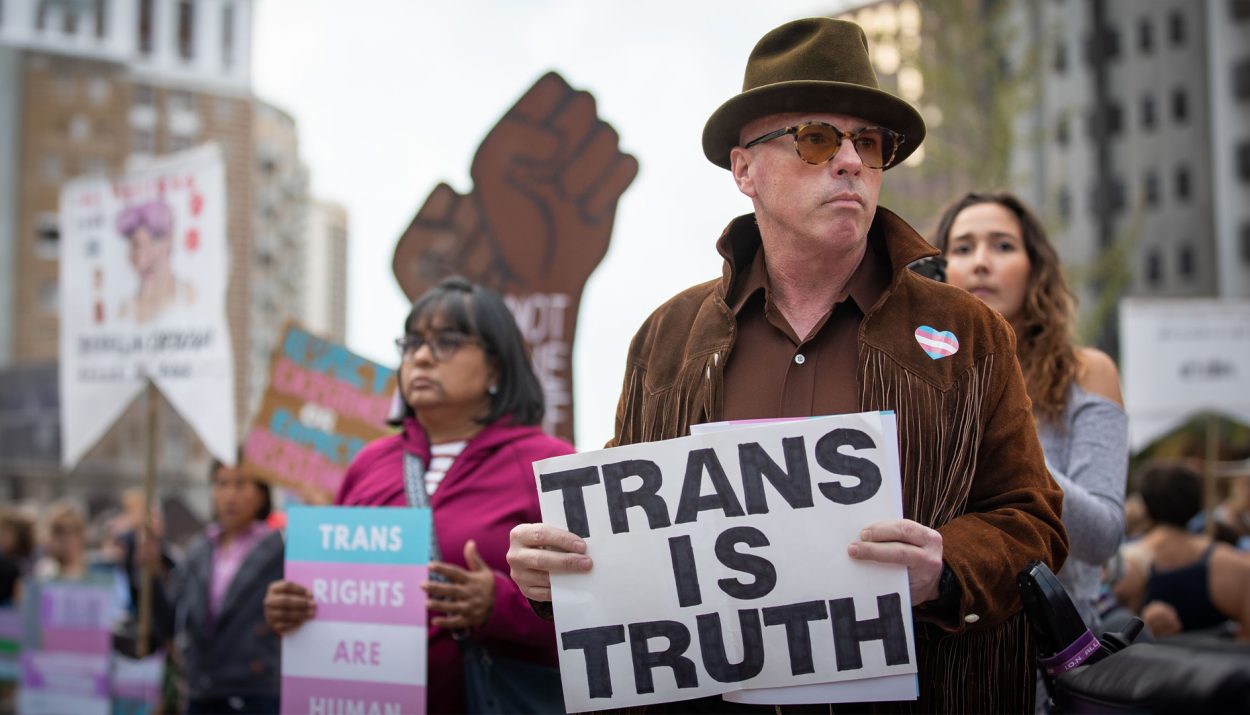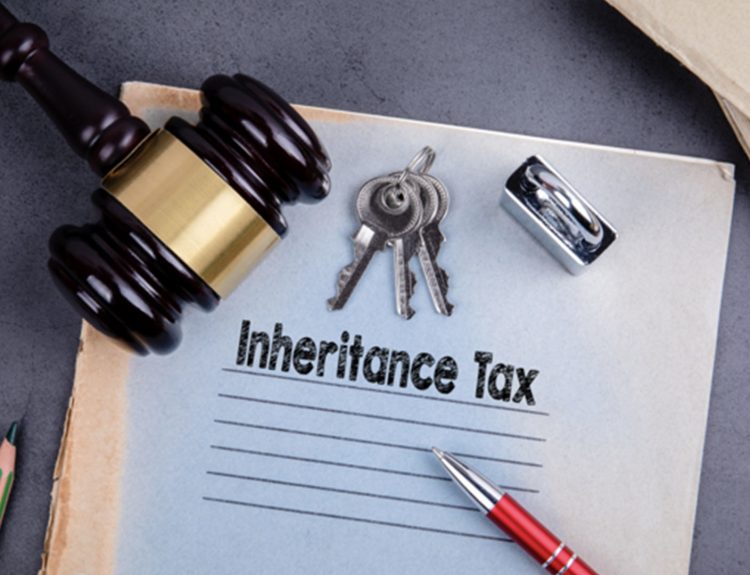A recent custody decision in Indiana has raised concerns among parents nationwide. An Indiana couple lost custody of their child after declining to use the child’s preferred pronouns. The parents warn that similar rulings could occur nationwide as gender issues emerge.
Though the case centers on a deeply personal matter, it taps into broader debates around parental rights, gender norms, and the legal system’s role in family disputes. With gender identity a complex and sensitive issue, the ruling will likely spur discussion around how to balance respect for individual identity with other considerations.
Religious Convictions and Parental Rights
Mary and Jeremy Cox are devout Catholics who believe that God creates each person as either male or female, as stated in their religious doctrines. When their son came out as transgender in 2019 and asked to be called by a female name and pronouns, the Coxes felt they could not affirm this identity due to their faith.

However, they still loved and supported their child. The Coxes provided counseling and medical care to address their child’s mental health and eating disorder during this difficult situation. They agreed to call their child by the nickname “A” to find a compromise.
The Background: A Child’s Gender Identity and Parental Objections
The Coxes are a Catholic couple from Indiana with firmly held religious beliefs regarding gender and sexuality. In 2019, their son informed them that he identified as a girl, contradicting the sex he was assigned at birth. However, the Coxes believed that God created humans as either male or female, so they could not refer to their child using pronouns and a name that did not match his biological sex.
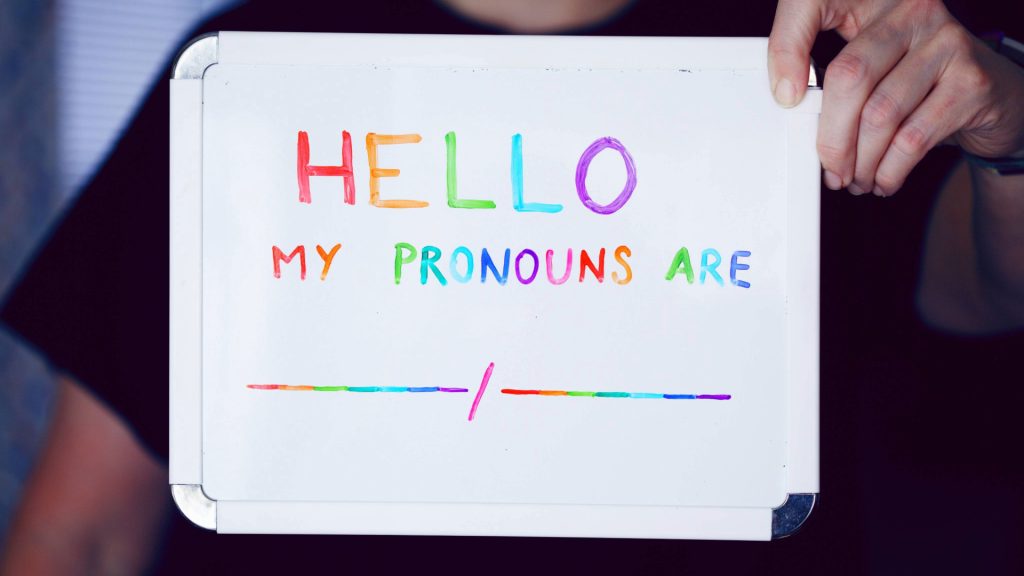
The Coxes also worried their son was struggling with mental health issues and an eating disorder. They arranged therapeutic care and medical appointments to address these concerns. During this time, the Coxes discussed their faith and beliefs about gender with their son, hoping to find a compromise.
State Interference and Parental Rights
Despite finding no evidence of abuse or neglect, Indiana cited the disagreement over gender identity as a reason to keep the child from his parents. The state claimed this contributed to the teen’s eating disorder, though his condition worsened after being removed from his parents’ care.
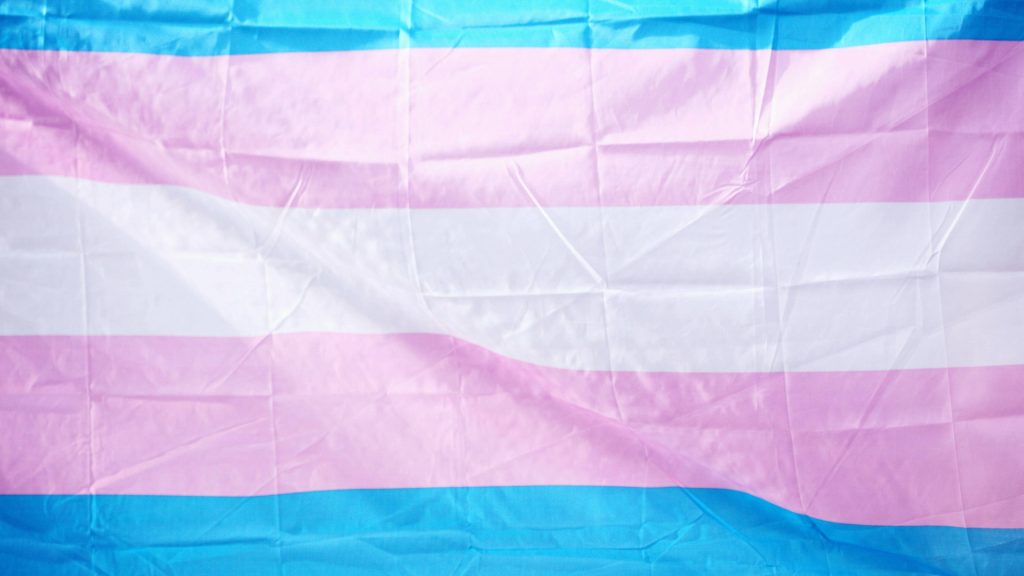
After nearly two years separated from their child, the Coxes asked the Supreme Court to intervene. They fear Indiana may remove their other children and that similar interferences could threaten parental rights nationwide.
Arguments From Child Welfare Agencies
Child welfare agencies aim to protect the best interests of children. In cases involving disagreements over a child’s gender identity, agencies may argue that affirming the child’s identity is necessary for their well-being. Agencies may argue that affirming a child’s chosen gender identity is critical for their mental and emotional health.

Failing to do so can lead to distress, depression, and other issues. By placing the child in a home that affirms their identity, agencies believe they are acting to support the child’s healthy development. Parents may argue that their religious beliefs prohibit affirming a child’s transgender identity.
Compromise and Counseling Were Attempted
In some cases, agencies work with families to find a compromise before removing a child from the home. They may argue that counseling and other interventions were attempted to address the disagreement and allow the child to remain with their parents.
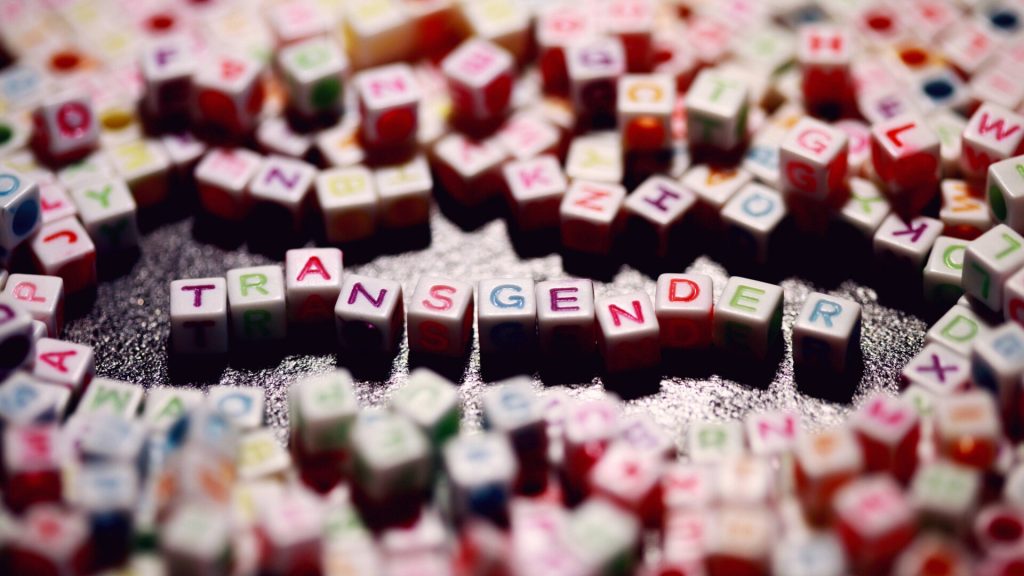
Overall, child welfare agencies aim to balance parents’ rights with a child’s basic needs. While removal from a loving home is an extreme last resort, agencies may see it as necessary to protect a child’s health, safety, and development when there are irreconcilable disagreements over their care.
Arguments From Parental Rights Groups
Parental rights groups argue that the state overreached in removing the child from his parent’s custody. Religious freedom advocates claim that the state infringed on the Coxes’ First Amendment rights to freely exercise their religion by removing their child due to their religiously-informed views on sexuality and gender.

They argue that the state should not be able to interfere in private religious matters within the home. Removing a child from fit parents due to their religious beliefs sets a dangerous precedent, these groups warn. Once the initial investigation was completed, the state found no evidence the Coxes had abused or neglected their child.
Lack of Scientific Consensus
Some groups point out that there is no scientific consensus on treatments for gender dysphoria in minors. They argue that the state should not be able to force parents to affirm a child’s gender identity when there are disagreements over the best way to support the child.

Parental rights groups warn that if this decision is upheld, it could have far-reaching consequences, allowing states to remove children from parents who do not agree with a child’s perception of their gender. They argue this would be an unacceptable infringement on parental rights and religious freedom.
The Impact on the Child Caught in the Middle
The child at the center of this controversial case is in an unenviable position, caught between the opposing views of his parents and the state. Though the allegations of abuse and neglect against the Coxes were found to be unsubstantiated, the teen was still removed from their custody due to officials’ claims that the disagreement over his gender identity was distressing and contributed to his eating disorder.

However, according to the Coxes, their son’s eating disorder worsened after he was taken from them and placed in a home that affirmed his preferred gender identity. They argue that keeping a child away from loving parents due to ideological differences is unjustified and causes undue harm.
Broader Implications for Parental Rights
The removal of a child from their biological parent’s home due to disagreements over gender identity raises serious concerns regarding parental rights and government overreach. According to Becket, a non-profit religious freedom law firm representing the Coxes, the state’s actions constitute a violation of the First Amendment rights of parents to determine the religious upbringing of their children.

The implications of this case extend far beyond the Cox family. As the Coxes themselves have warned, “If this can happen in Indiana, it can happen anywhere.” If the Supreme Court does not review the lower court’s decisions, it could embolden more states to remove children from their parent’s custody due to disagreements over gender identity or other issues.
What This Means for Other States
As the Cox case makes its way to the Supreme Court, its implications extend far beyond Indiana’s borders. Should the Court decline to hear the case or rule in favor of the state, the decision could embolden other jurisdictions to follow suit.

The outcome of this case may determine whether those states can remove children from homes where parents decline to affirm a child’s transgender identity due to sincerely held religious beliefs or concerns over mental health and well-being.
Legal Considerations in Cases of Misgendering
In cases involving the misgendering of children, legal complexities arise regarding parental rights, child welfare, and First Amendment protections. Parental rights are not absolute, and states may intervene to protect the health and welfare of children.
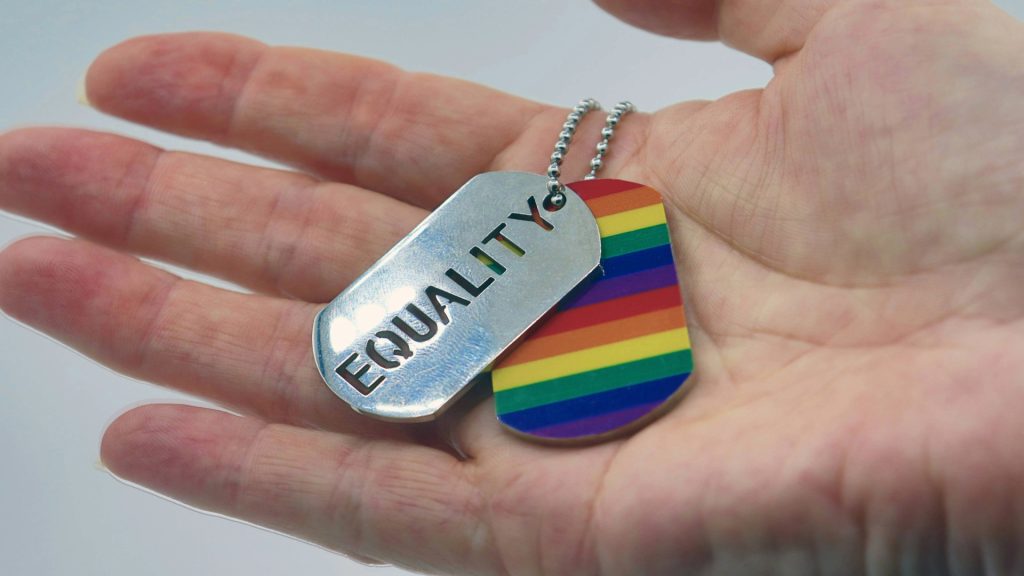
Religious freedom is protected under the First Amendment, but those rights are not unlimited, especially regarding the care of dependents. Parents cannot deny a child life-saving medical care based on religious beliefs, for example. However, disagreements over a child’s gender identity and pronouns are more ambiguous.
The Effects of Misgendering on Transgender Youth
According to researchers, repeated misgendering and refusal to affirm a transgender youth’s identity can have severely damaging psychological effects. Repeatedly referring to a transgender child by a name and pronouns that do not align with their gender identity is a form of emotional abuse and rejection by their parents or caretakers.
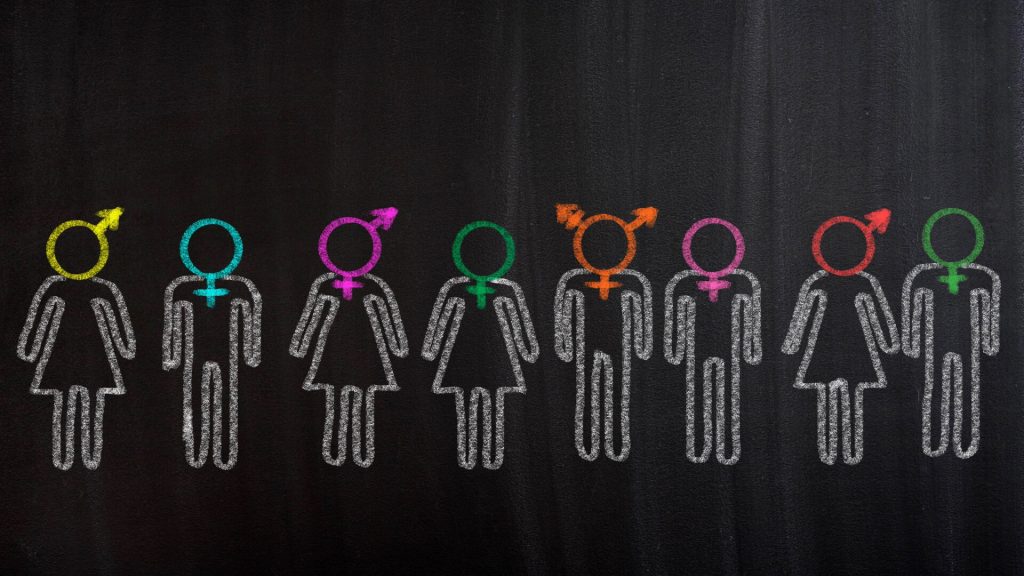
This rejection and abuse can exacerbate feelings of anxiety, depression, and low self-esteem in transgender youth. According to a study in the Journal of Adolescent Health, transgender youth who are not supported in their gender identity have a much higher risk of depression, substance abuse, and suicide.
How Parents Can Support Their Transgender Child
Parents can provide crucial support for a transgender child in several ways. First, they should express unconditional love and acceptance of the child for who they are. Using the child’s preferred pronouns and name affirms their identity and shows respect.

Parents should advocate for their children and help them feel comfortable expressing their true selves. This includes allowing the child to dress and present themselves in a way that matches their gender identity. Parents should use correct pronouns and names in all areas of the child’s life, including at home, school, and in the community.
Legal Protections for Transgender Youth
Transgender youth face legal discrimination and barriers to essential resources and support. Several states have passed laws aimed at protecting the rights of transgender minors and ensuring their access to healthcare and safe environments.
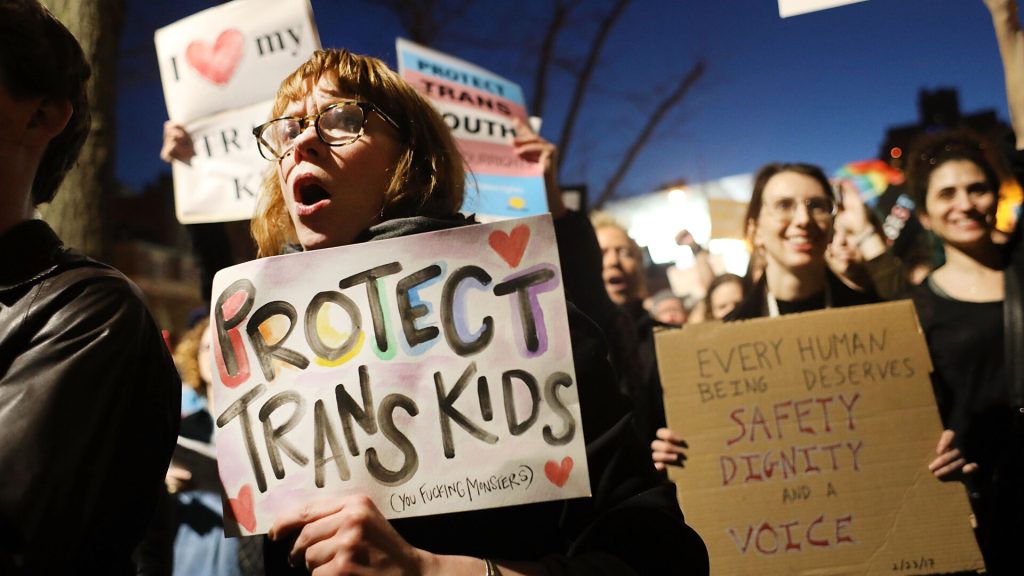
Some states prohibit discrimination against transgender students in schools and ensure their right to use facilities that correspond with their gender identity. Certain states also prohibit healthcare providers from denying medically necessary treatment to minors based on their gender identity.
Seeking Professional Help for Gender Dysphoria
For children and adolescents experiencing gender dysphoria, seeking professional mental health evaluation and treatment is critical to support their well-being. Licensed therapists, counselors, and medical professionals trained in gender dysphoria and related issues can provide diagnosis, counseling, and treatment planning for the individual and their family.

Treatment options for gender dysphoria include individual or family counseling, support groups, puberty suppression for adolescents, and hormone therapy for older teens and adults. Mental health professionals work with individuals to determine the appropriate course of treatment based on the severity of symptoms, other mental health conditions, family and social situations, and personal goals.

